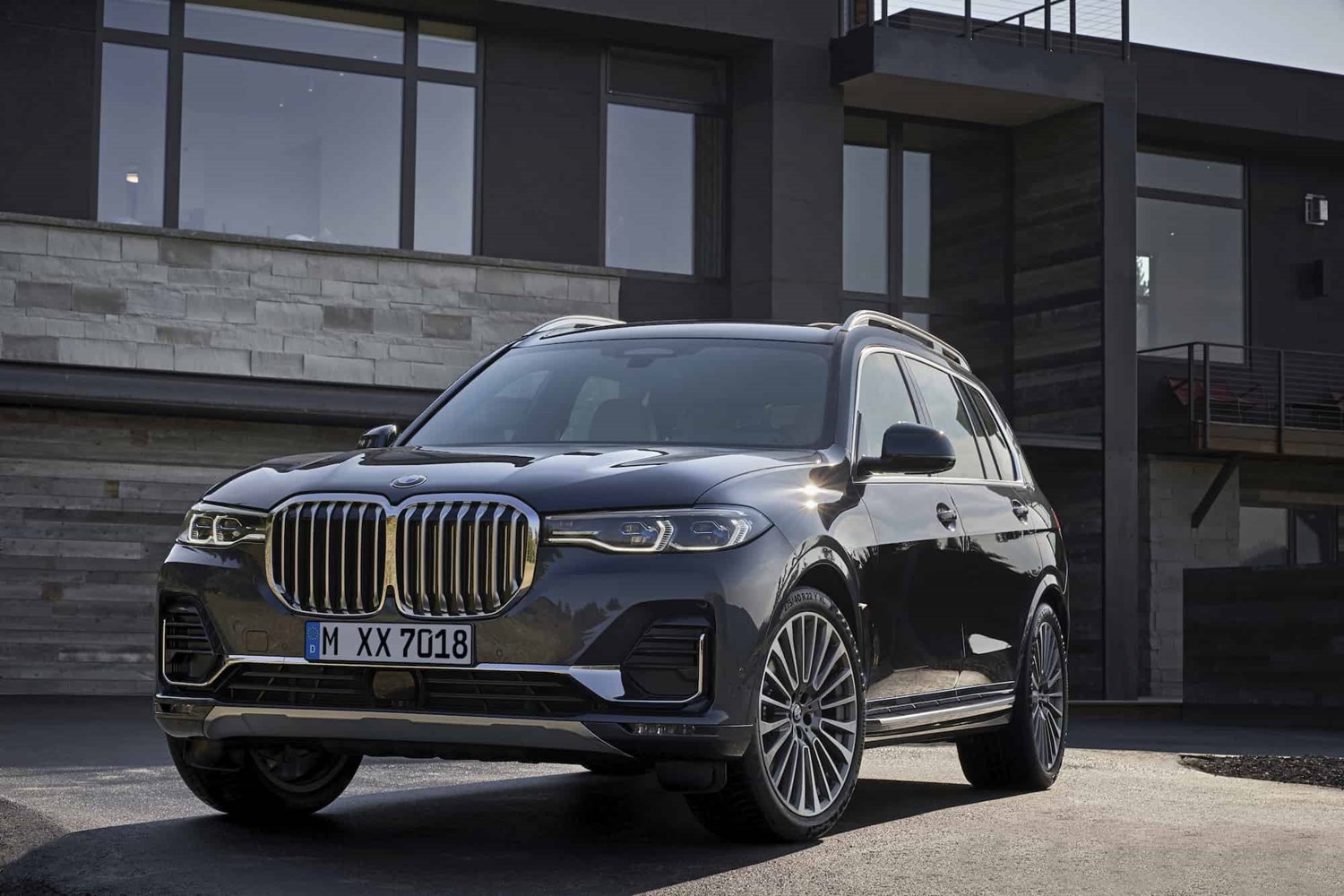Current model
As mentioned before, the X7 is yet to see a major update – which is no bad thing considering its young age.
So, with that, let’s move onto the driving experience and, as you can imagine, the X7 focuses on comfort over sportiness out on the road. Although, that being said, the model is surprisingly entertaining compared to some rivals such as the Land Rover Discovery and Range Rover.
The X7’s cabin really does live up to being an SUV version of the 7 Series, as it matches, if not exceeds, what buyers can expect from that luxury saloon. Materials and switchgear all feel very premium and the whole interior is beautifully finished, though not particularly distinct compared with other BMW models.
Value for money
New BMW X7 models start at £72,315, which puts it directly in-line with rivals, such as the £75,040 Mercedes-Benz GLS and £66,710 Audi Q8. There are some more affordable rivals, such as the £57,195 Porsche Cayenne and £56,310 Audi Q7, which are also worth considering.
On the used market, there is a surprising amount available when its young age is taken into account. In terms of prices, examples go for as low as £64,950 – not a massive change from the asking price new, but something to take into account, as depreciation hits this segment particularly hard.
Looks and image
The X7’s styling is sure to divide opinion, especially with the massive BMW kidney grille known for causing controversy. Either way, we think a pretty good job has been done in designing the look of the X7. It’s bold, brash, but still BMW – it suits where the model is in the line-up, which is right at the top as the king of the German firm’s range of SUVs.


